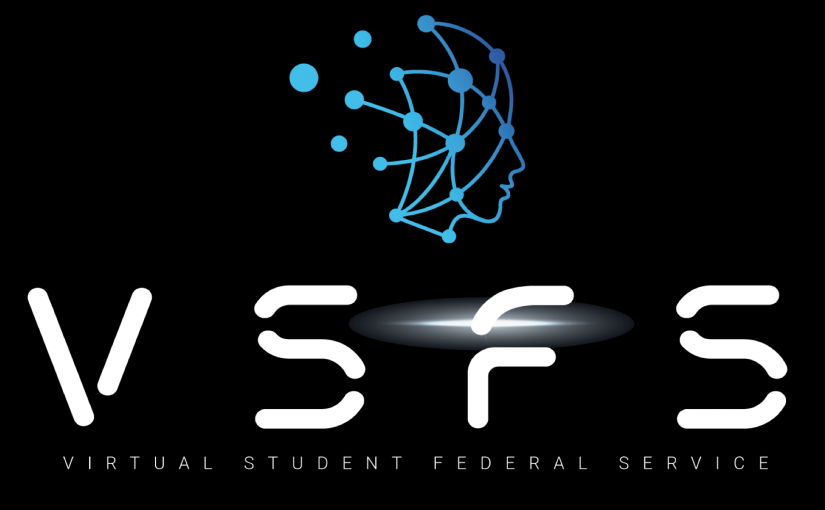Did you know that less than 7% of the full-time federal workforce is under 30? The government is looking to change that. They’re prioritizing paid internships that last 10-12 weeks. These internships are a great way to gain work experience, expand your professional network, and understand the impact of public service.
The program is managed by the Partnership for Public Service and it’s a fantastic opportunity to apply what you’ve learned in school to real-world situations. It’s also a chance to bring diverse young talent into the government. So, whether you’re an undergrad, grad student, or professional student, and no matter what your major is, you’re welcome to apply.
You can choose two career tracks that best align with your interests and skills:
- Public Administration
- Science, Mathematics, and Engineering
- Government Contracting and Acquisition
- Liberal Arts
- Public Interest Technology
For more information, visit gogovernment.org/fellowship/future-leaders-in-public-service-internship-program/
Don’t miss this chance to make a difference!

